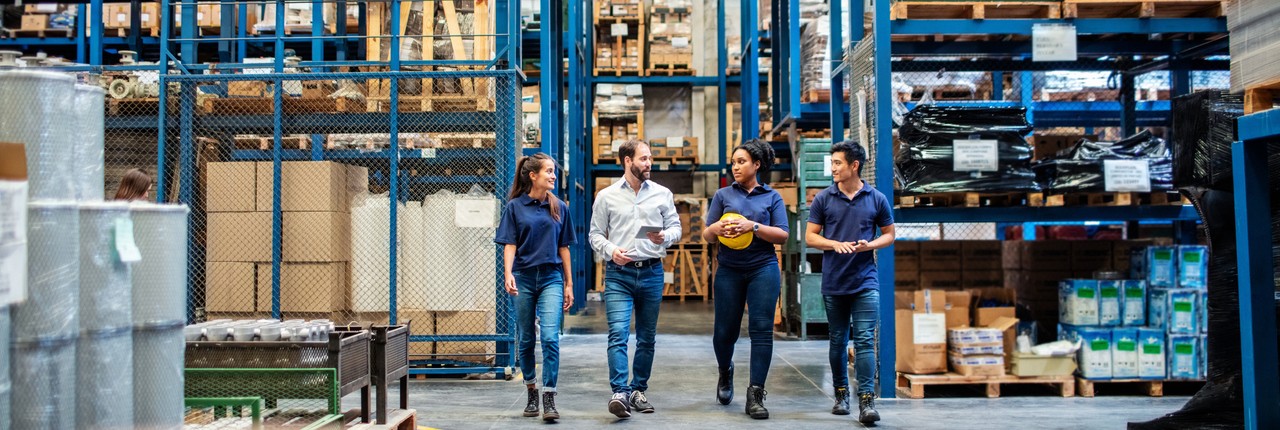The current maturity of the e-bond market differs from country to country and is reflected in uneven demand across the market. Due to local concerns about red tape, fees and tight regulations, some countries have been slower to adopt this practice. However, companies and sectors that have effectively overcome these issues are seeing a distinct business advantage. In construction surety for example, the safe, fast and seamless administration of e-bonds can be the difference between winning projects or becoming disqualified.
France, for example, is very advanced when it comes to e-bonds. “We have been issuing e-bonds for key accounts since 2010 and, for the last six years or so, for the second-tier market,” says Gilles Goaoc, Surety & Guarantee Sales Director, France. “In 2021, we issued more than 20,000 bonds, 19,000 of which were digital.”
“In Turkey, the market is less developed,” says Fatih Bas, Head of Bonding, Turkey. “Surety has traditionally been dominated by banks and is subject to very strict rules and regulations, but that is starting to change. We are now offering this product to large, powerful companies.”
The North American market is cautiously open to the use of e-bonds. “People see value in it, but there is more uptake in Canada than the U.S.,” specifies Don McMichael, Vice President, Surety Operations, North America. “In Canada, there is a resource that enables us to issue bonds from start to finish, whereas interest for that resource in the U.S. has not been high. Some companies are uncomfortable with the approach and costs involved. As people become more educated about the authentication and level of security in e-bonding, we anticipate that their interest will increase,” he adds.











.png)


